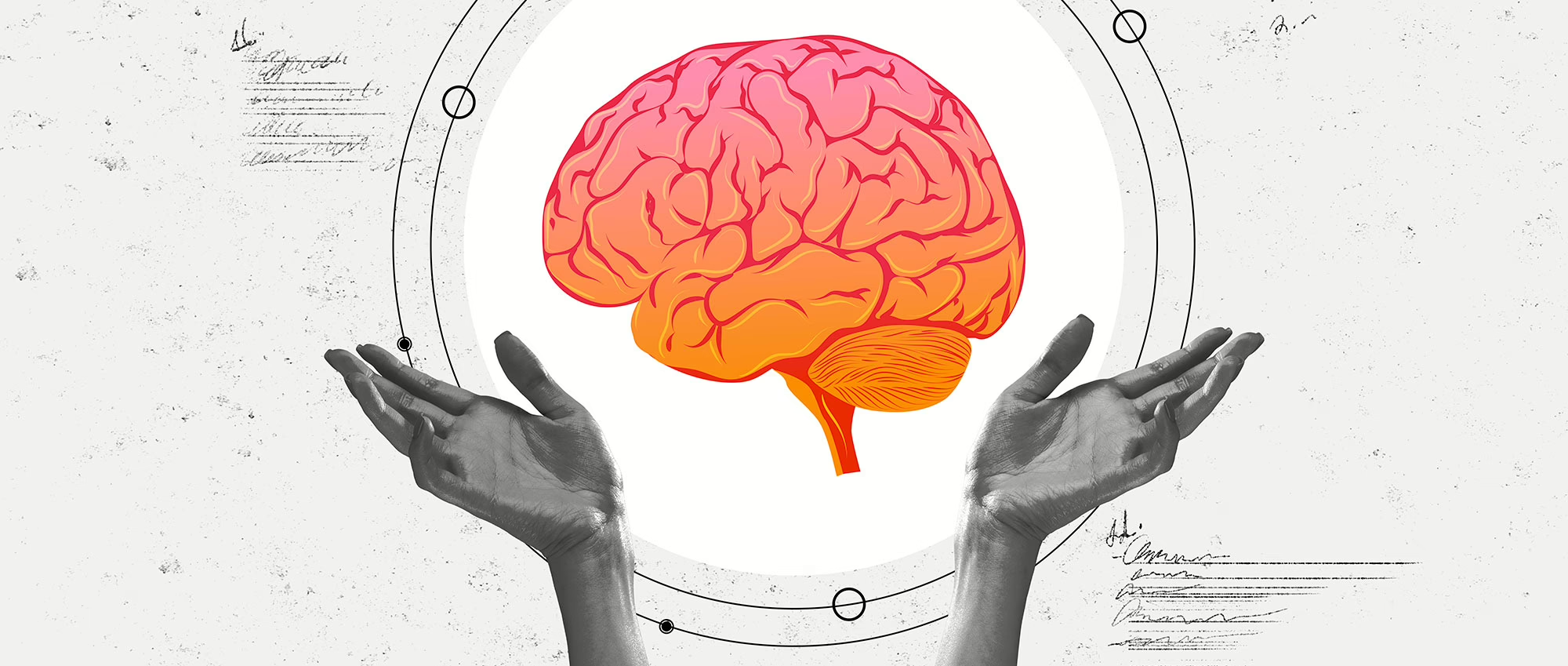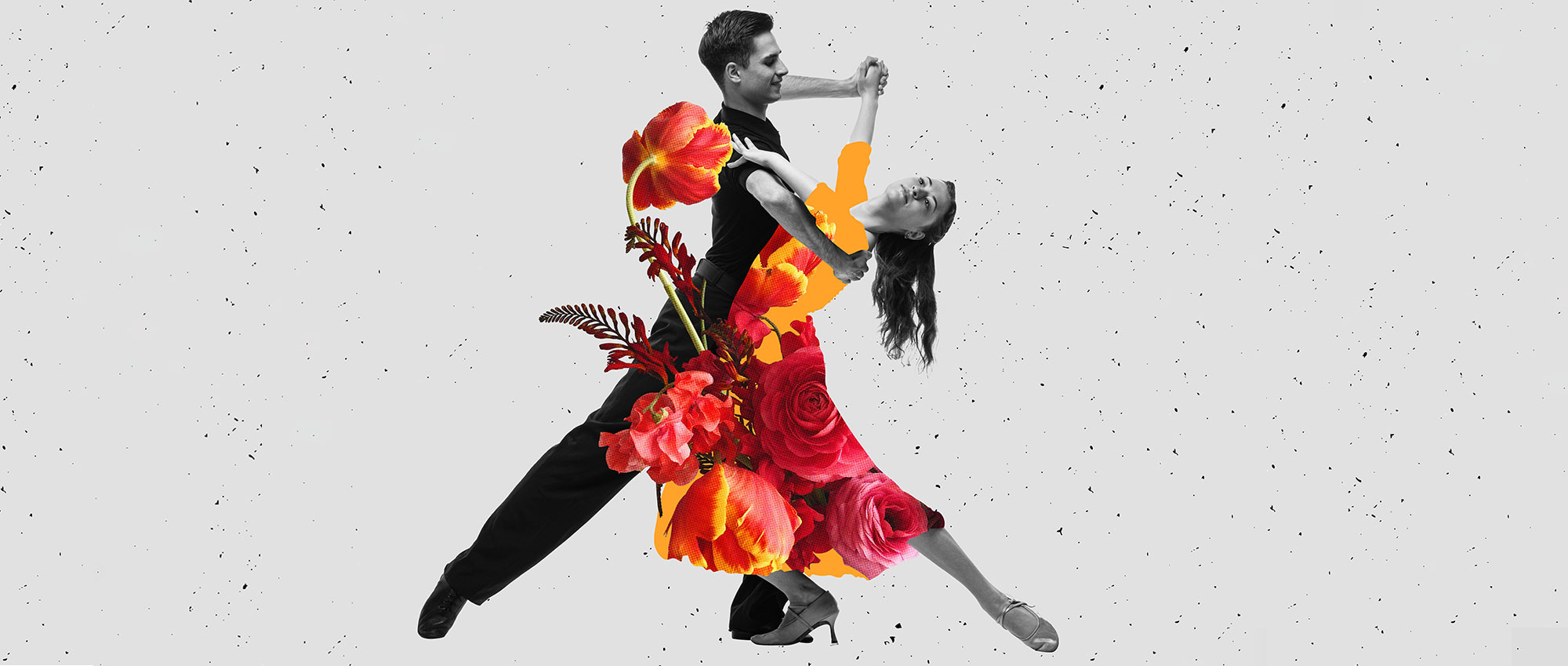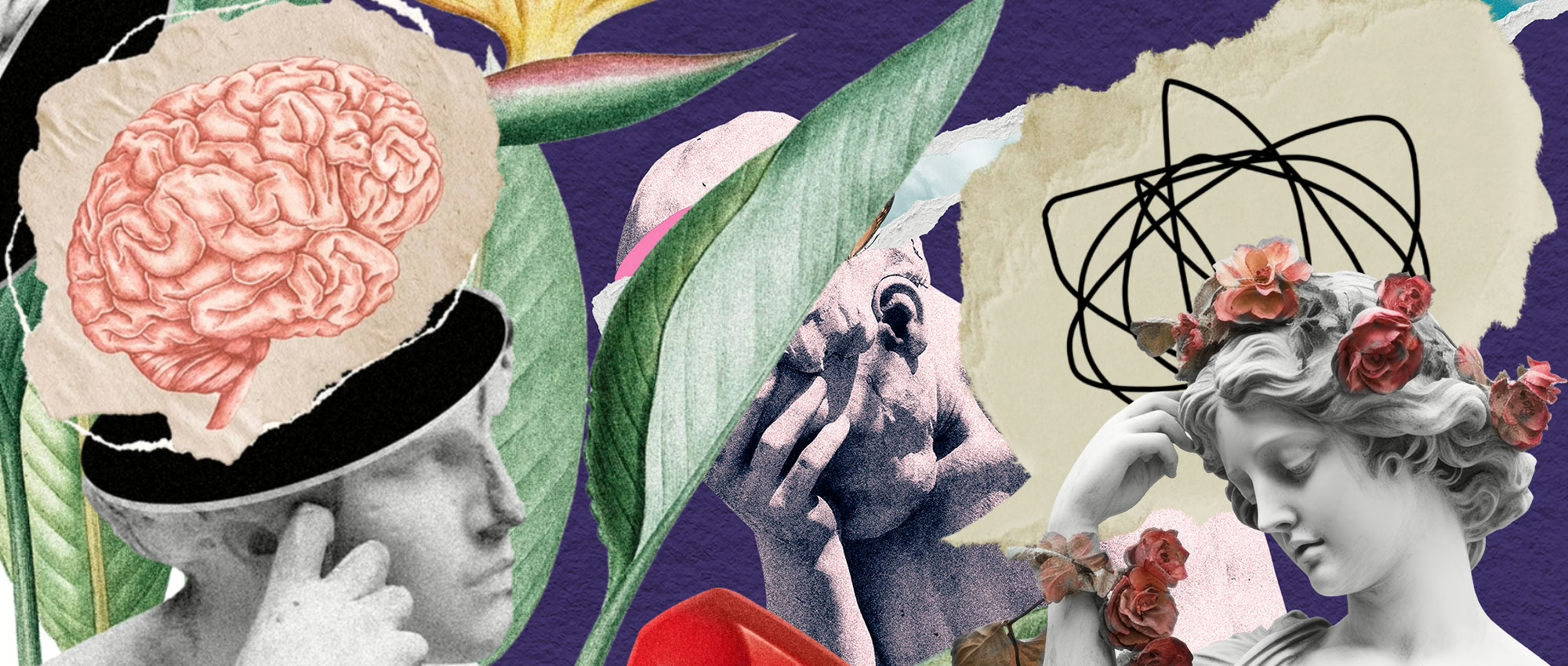Chronic Illness and Autoimmune Disease

Therapist – Overland Park, Kansas
When disease & chronic illness becomes your new reality, how do you move forward? You never intended to fall ill or become disabled. Nobody provided you with a map to follow while you navigate the life you are currently leading. You may feel alone, overburdened, and unsure of how to handle everything because of a recent diagnosis, a traumatic event that happened suddenly, or the gradual emergence of a life with restrictions. It takes a lot of courage to accept your suffering, practice self-compassion, move ahead, and rebuild your life since the route is not simple.
what is a
Chronic Illness
Chronic disease is a condition that lasts for a year or longer. It necessitates continuos medical care and restricts daily activities.The main causes of death and disability in the USA are chronic diseases like heart disease, cancer and diabetes.
what is a
Chronic Illness
Chronic disease is a condition that lasts for a year or longer. It necessitates continuos medical care and restricts daily activities.The main causes of death and disability in the USA are chronic diseases like heart disease, cancer and diabetes.
do you have an
Invisible Illness?
Invisible Illness?
Any medical issue that is not readily apparent to others, including healthcare experts, is referred to as an “invisible illness.” Many people with invisible illness look well, so friends and family question if they’re really sick. Some invisible illnesses include fibromyalgia, lupus, Crohn’s disease, rheumatoid arthritus, chronic fatigue syndrome and Sjogren’s syndrome.
Living with an invisible illness can be difficult. People with invisible illness have limited reserves and must be careful with their energy, even on days without pain and tiredness.
do you know about the
Spoon Theory?
Spoon Theory?
The spoon theory helps non-suffers grasp the effects of invisible illness. Imagine having to offer a spoon for every task you do in a day such as work, housekeeping, shopping, bathing and cooking. According to the spoon theory, healthy individuals have more spoons than they need. People with invisible illness have very few spoons and once they are gone, they are gone. This is the effect of invisible illness. Some days there are fewer spoons. When there are no more spoons to go around, an individual will have to stay in bed rather than being productive. People with invisible illness often refer to themselves as “spoonies”.







